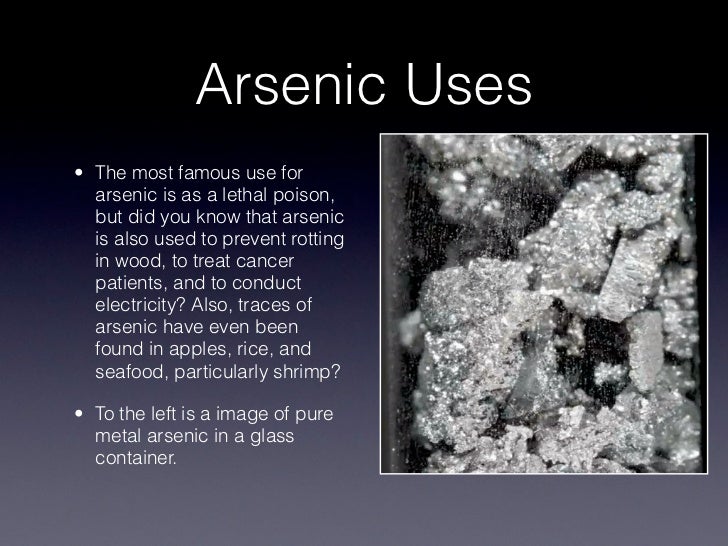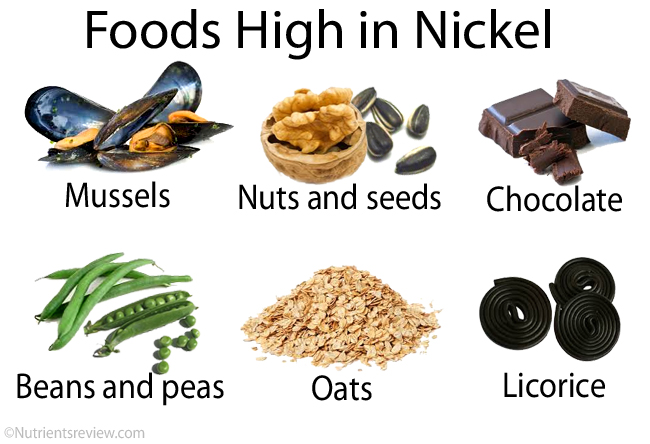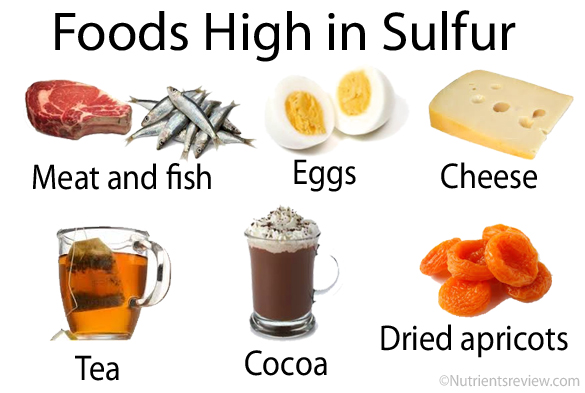Non-Essential Minerals

- Arsenic (As) is a mineral that is probably not essential to human health. Some claim that it may have a role in the metabolism of the amino acid methionine, but scientists are still trying to figure out what its actual function in the human body.
- The Organic form of arsenic found in foods, such as fish and shellfish, was not found to be toxic for human.
- Long-term intake of water high in inorganic arsenic has been associate with bladder, lung or skin cancer. Those whose primary water source is well water should have their well water checked periodically.
Although Boron (B) has some pretty essential roles including:
- supporting bones and joint health.
- aids in development in fetus.
- improves production of estrogen.
- helps to prevent excessive blot clots.
- decreases fungal infections
- useful for treating cancer
- Boron deficiency can cause problems with the muscle coordination and short-term memory. Boron does not accumulate in the body but is excreted in the urine within a few days of consumption.

- PLANT FOODS: nuts, prunes, bananas and other fruits, green vegetables
- ANIMAL FOODS are not a good source of boron.
Cobalt (Co) is a part of vitamin B12 (cobalamin), which is required for the proper growth of red blood cells and nerve cells.
There are no known standalone benefits effect of cobalt as an element.
It is reasonable to assume that a deficiency of Cobalt equates to a deficiency of Vitamin B12.

Fluoride (F–) is a negatively charged ion (anion) of the chemical element fluorine. It naturally appears in water and certain foods. In some countries it is added to tap water. Although it not an essential nutrient, area with low fluoride intakes tend to have increased rates of dental caries. Fluoride that is absorbed into the tooth enamel changes some of the mineral hydroxyapatite into fluorapatite, which is more resistant to the acids produced by the mouth bacteria.

Elemental Lithium (Li) has no known natural function in the human body. Lithium in the form of lithium carbonate, lithium chloride and lithium orotate is used as a drug for treatment of manic episodes in a bipolar disorder.
It is thought to reduce aggressiveness, violence and self-destruction.
It is sold as an OTC supplement as a mood stabilizer in the form of lithium orotate.
The main sources in the diet are whole grains, seeds, cereals, potatoes, tomatoes, cabbage, kelp/dulse and some mineral waters. It may also be found in some spices such as nutmeg, coriander seeds, or cumin.
Lithium may have side effects, such as vomiting, tremor, muscle cramps or seizures [1], so it should not be taken without doctor’s approval and regular checking of blood lithium levels.
Nickel is a found in the human body, but its function is not known.
Some individuals are allergic to nickel which typically shows up as a rash (nickel dermatitis) wherever it touches their skin. Those individuals should avoid foods high in nickel.

- Foods high in nickel (>0,5 mg/kg food) include mussels, nuts, seeds, beans, peas, soy flour, oatmeal, wheat bran, buckwheat, millet, dark chocolate, cocoa powder, liquorice.
- Moderate amounts of nickel (0,1-0,5 mg/kg food) are in oysters, milk chocolate, rice, rye, barley, kale, parsnips, garlic, raspberries.
- Other foods that may trigger nickel allergy: margarine, acidic foods, such as stewed fruits or rhubarb, cooked in stainless steel utensils, tea from drink dispensers, beer, red wine, herring, mackerel, tuna, tomato, onion, carrots, apples, citrus fruits, dates, figs, pineapples, prunes.
- The official statement is that Silicon (Si) is present in the human body but its role is not yet known.
- Others claim that it is needed to make collagen and elastin and so it has an important role in skin, nails, hair, bone health and even blood vessel integrity.
- Good sources of silicon are water, grains and vegetables
Sulfur (S) is a chemical element which is found in the following in the human body:
- Proteins
- Coenzyme A (CoA), required for release of energy from nutrients
- Glutathione, an antioxidant
- Heparin, an anticoagulant
- Heparan sulfate, a viscous substance between the cells in the cartilage, skin and hair

Humans get all the sulfur they need from the sulfur-containing amino acids cysteine and methionine, cystine, homocystine, homocysteine and taurine.
Other sources of dietary sulfur include vitamins B1 (thiamin) and B7 (biotin), methylsulfonylmethane (MSM), dimethyl sulfoxide (DMSO), inorganic sulfate in foods, drinking water and other beverages.
Vanadium (V) is a another of those mineral found in the human body without a clear role.
Some preliminary studies suggest that it may have an insulin like effect. Other studies indicate that it may also lower cholesterol.

Foods high in vanadium include shellfish, whole grains, mushrooms, black pepper, parsley, dill seed and certain spices.
In this section we covered non-essential minerals: those that are not required to be in our diet. It should be clear that even the non-essential minerals have important roles or roles that we just do not know enough about. As it was for the essential minerals, as long as we eat a wide variety of whole foods we should get every thing we need to live healthy lives.
